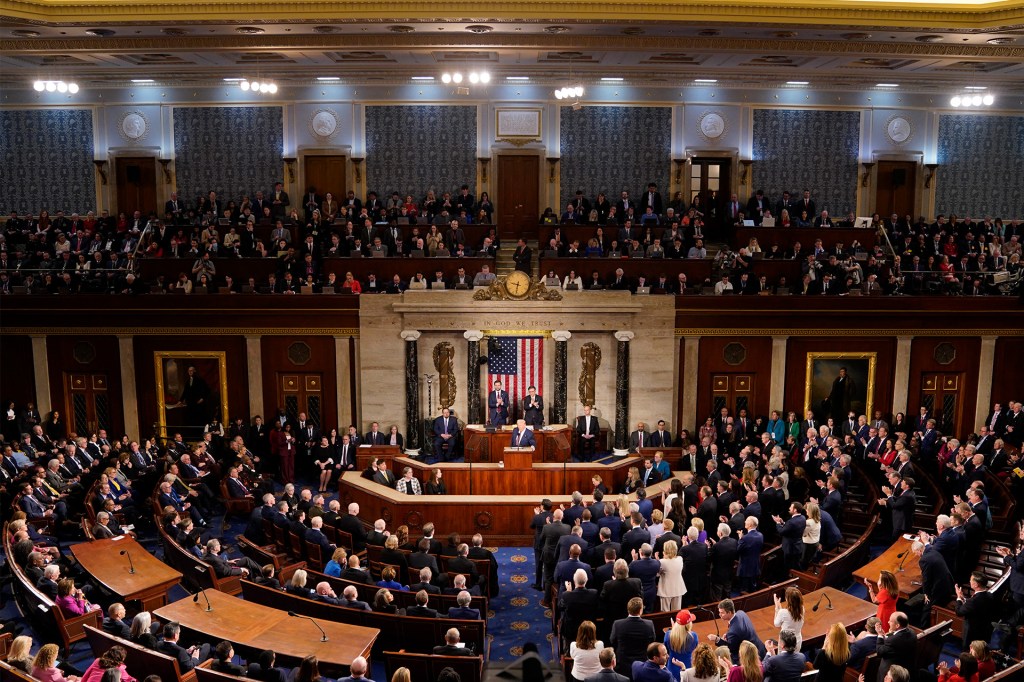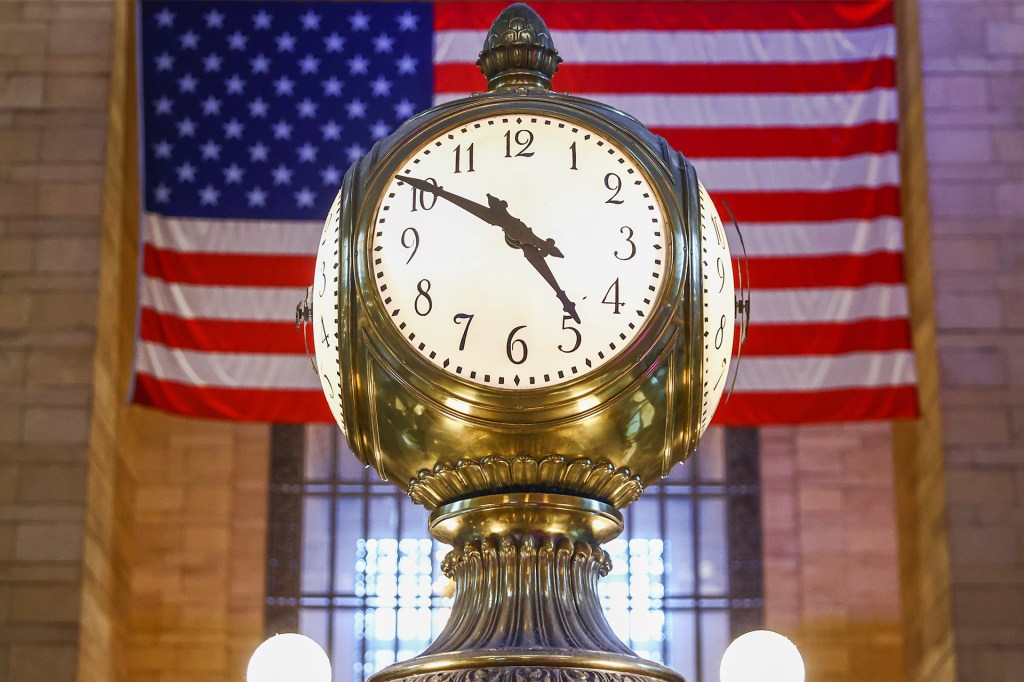Election 2024 Preview
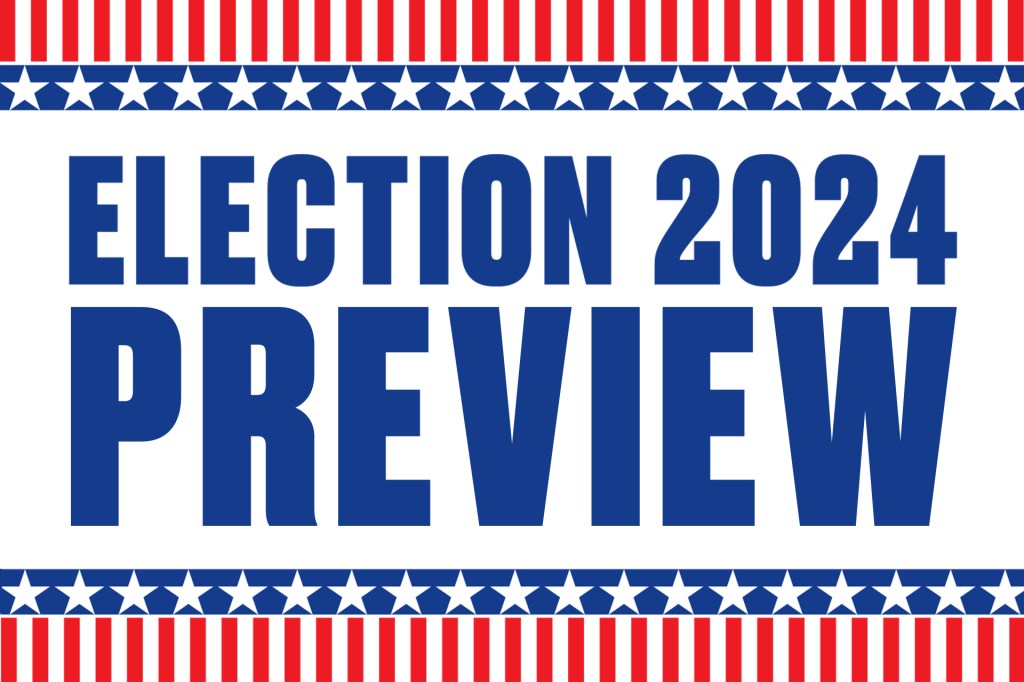
Every four years, Americans decide who will be the next president of the United States. This year, Election Day is Tuesday, November 5. The time leading up to the presidential election will be busy and exciting. We’ve explained some of the words and phrases you’ll need to know. Listen for these terms as the adults around you get ready to cast their vote.
CANDIDATE noun: a person who is running for office
The winner of the presidential election will lead the United States for the next four years. There are two main candidates for the job: Kamala Harris and Donald Trump. Both are traveling around the country. They’re giving speeches and talking to people as they try to win votes.
Trump represents the Republican Party. He won the 2016 presidential election. He served from 2017 to 2021. U.S. presidents can serve two terms. If Trump is reelected, he will serve in the White House for four more years.
Harris represents the Democratic Party. She’s the U.S. vice president. She serves alongside President Joe Biden. Harris joined the race later than usual. Biden was the Democratic nominee at first. But he dropped out of the race on July 21. Harris became the party’s choice soon after.
BALLOT noun: a list of choices in an election
Picking the next president isn’t the only important choice American voters are making in this year’s election. U.S. elections operate using a ballot system. A ballot is a list of choices for voters to make.
The ballot for this year’s election lists the candidates for president. It lists the candidates for other offices, too. These include judges and senators. Ballots also include issues that affect towns or states, like raising taxes. People can vote yes or no on these issues.
Many voters fill in their ballot on Election Day. Volunteers distribute them at polling places, such as schools and libraries. That’s where people line up to cast their votes. But there are other ways to vote. Some people are visiting polling places early. Some are submitting their ballots by mail. These votes count just the same as in-person votes on Election Day.
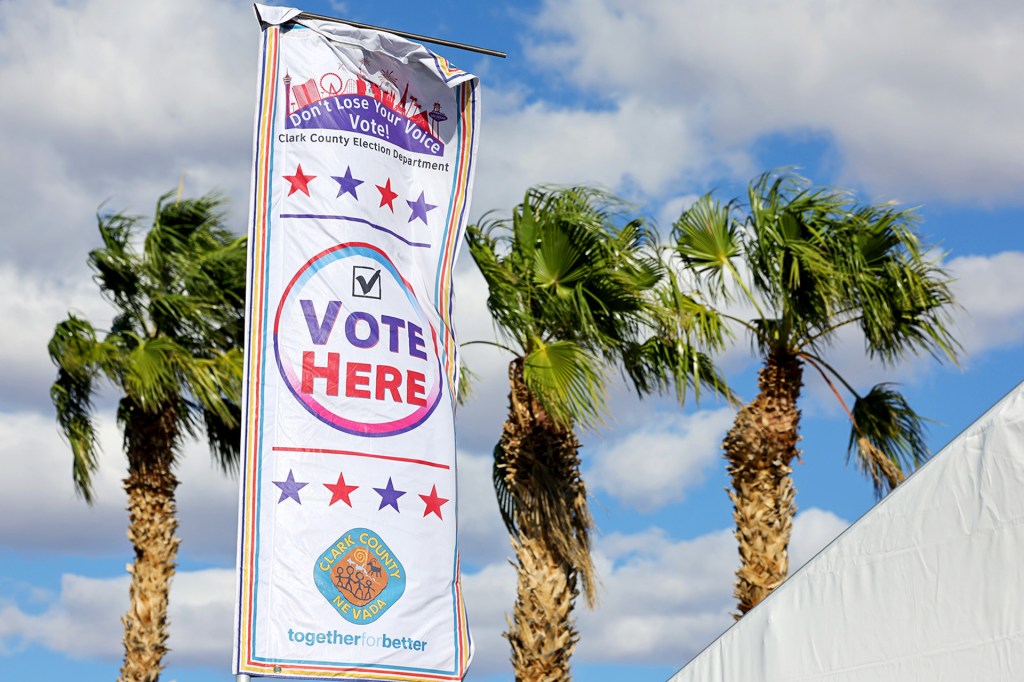
EARLY VOTING On October 19, a sign welcomes early voters in Nevada.
ETHAN MILLER—GETTY IMAGESELECTORAL COLLEGE noun: the group that elects the president
In most elections, the person with the most votes wins. When it comes to picking a U.S. president, things aren’t so simple. Even after a winner is declared, it will be weeks before a group of 538 people actually elects the president. This group is the electoral college.
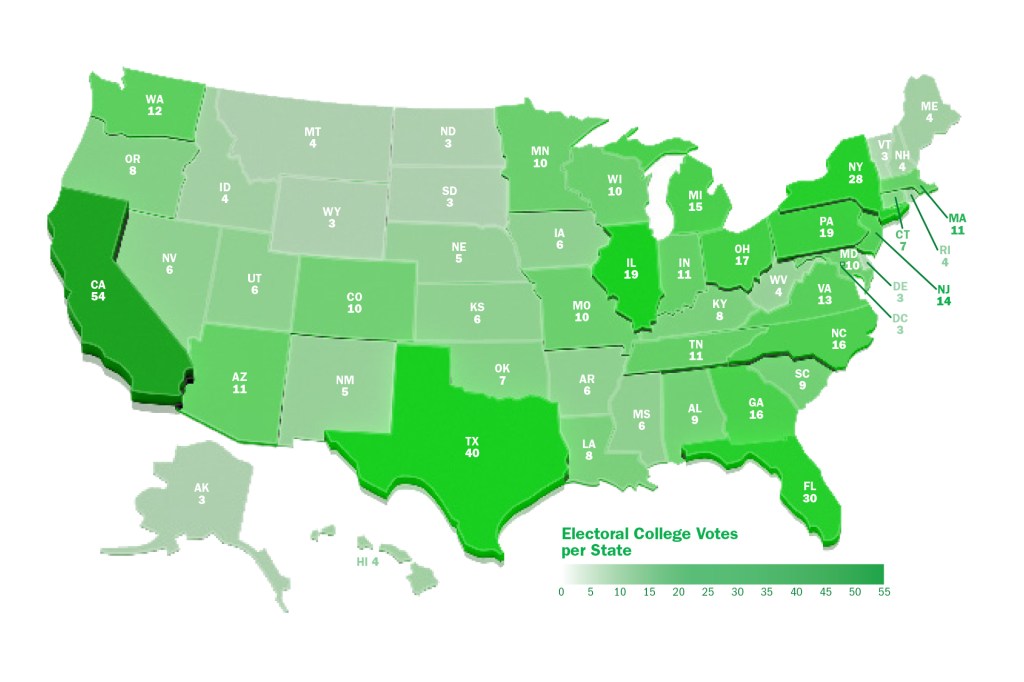
Here’s how it works. A state gets electoral votes equal to the number of its members of Congress. Congress includes the Senate and the House of Representatives. Each state gets one vote apiece for its two senators. This never changes. States also get one vote for each of their members of the House of Representatives. That number is based on the state’s population. Washington, D.C., isn’t a state. But it gets electoral votes, too.
A candidate needs at least 270 electoral votes to win. In 48 states and D.C., the candidate who gets the most votes in the election gets all of that state’s electoral votes. In Maine and Nebraska, electoral votes can be split between candidates.
POLL noun: a survey of people’s opinions
Political polls are surveys. They’re often done by research or media organizations. These groups contact people by phone, online, or face-to-face. They ask questions to find out what people think about candidates and issues. The answers are used to find trends.
Polls aren’t perfect. Sometimes, the group polled isn’t diverse enough. And people don’t always respond honestly. At press time, most polls show Harris and Trump nearly tied. But we won’t know if this is accurate until the election results are in.








